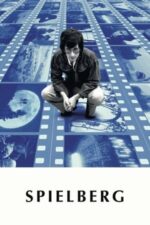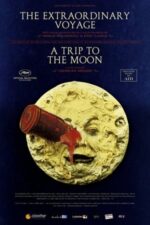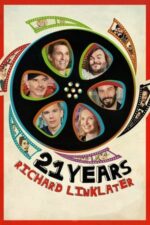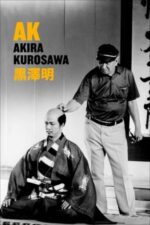Beyond the Silver Screen: Peering Into the Lives of Filmmakers
Isn’t it fascinating how we consume art? We get lost in a film’s world, captivated by characters and story, rarely pausing to consider the person behind the magic. But what happens when we turn the camera on the filmmaker themselves? That's precisely what documentaries like The Genius of Liberty (about Chaplin), Fellinopolis, and Enfant Terrible offer – a portrait of a filmmaker, not just as an artist, but as a human being grappling with creativity, ambition, and often, immense personal turmoil.
It’s easy to see these figures as untouchable icons, especially when considering someone like Federico Fellini. Fellinopolis, with its intimate access granted by Ferruccio Castronuovo, strips away some of that mystique. We see him not just orchestrating fantastical dreamscapes in films like 8 ½, but also the quiet moments of reflection, the playful experimentation – the sheer work involved in creating those worlds. It’s a reminder that even genius is built on effort and vulnerability.
And then there's Rainer Werner Fassbinder, whose story in Enfant Terrible is almost operatic in its intensity. A whirlwind of talent and self-destruction, he exploded onto the German film scene at just 22, leaving an indelible mark with his raw, unflinching explorations of love, loneliness, and exploitation. Watching him navigate that early success – the accolades, the controversies, the personal demons – is both exhilarating and heartbreaking. It’s a stark contrast to the more whimsical portrait offered by How Strange to be Named Federico, which focuses on Fellini's lesser-known facets through the eyes of Ettore Scola.
What these films collectively reveal isn’t just biographical information; it’s a deeper understanding of the creative process itself. How does personal experience filter into art? What sacrifices are made in pursuit of a vision? Sergio Corbucci, as explored in Django & Django: Sergio Corbucci Unchained, represents another facet – the gritty, genre-bending director whose influence resonates even today through filmmakers like Tarantino.
Ultimately, these "portrait of a filmmaker" documentaries aren’t just about celebrating cinematic achievements; they're about understanding the complex individuals who shape our cultural landscape. They invite us to look beyond the finished product and appreciate the messy, beautiful, and often challenging journey that brings it to life. And honestly? It makes watching those films even more rewarding.







































